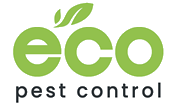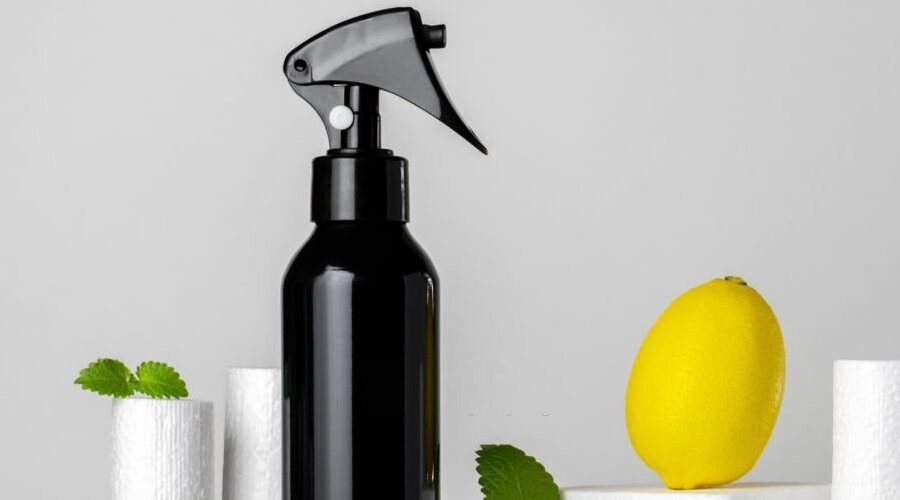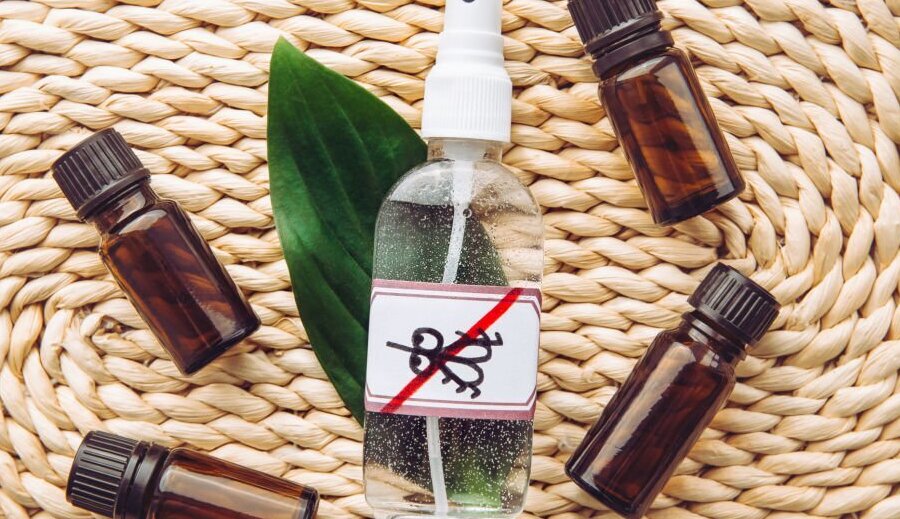Risks Associated with DIY Pest Management
The Potential Dangers of Attempting Pest Control on Your Own
Pests are a problem of many a homeowner’s existence who doesn’t want to pay for professional pest control.
Unfortunately, DIY pest control is not necessarily the safe or cost-effective approach that one hopes it will be.
When it comes to Eco Pest Control Perth, there exist many hidden dangers and perils that can catch you by surprise if you are not prepared and vigilant in your pest control efforts.
In this article, we’ll delve into some of the most common pitfalls associated with DIY pest control methods so that you can be better informed when making your decision about how best to handle infestations in your own home.
1. Application Mishaps
When it comes to pest control, the application of pest control products is one of the biggest potential problem areas. Trying to do it yourself can often require multiple applications, and that means excessive use of the product in question. Not only can this be dangerous as some solutions or wrong product are highly toxic and could cause a contamination incident if applied incorrectly or in too great a quantity, but it’s ultimately more expensive when you factor in all the products purchased plus your time labouring away for questionable results.
2. Excessive Use of Products
Using too much product when doing a DIY project for pest control can lead to a whole range of problems. So use with care and proper guidance. Not only will you end up with an environment that is likely to be over-saturated in potentially hazardous pest control agents, but you’re also more likely to be putting yourself and your family in harm’s way due to the sheer amount of toxins floating around. A professional pest controller understands the right amounts of toxins necessary to effectively manage pest infestations like rodents and termites without compromising the safety or comfort of others. What’s more, they’ll have access to far safer materials than are available for at-home use which could save both time and money in the long run.
3. Unexpected Hazards
Another potential hazard comes in the form of unexpected pests and allergic reactions like eye irritation. This might sound counterintuitive but bear with me. At home, control of pest solutions can shock an environment that existing populations are neither expecting nor can handle. Unexpected results, such as triggering an infestation of a species not usually found in your area could well be a possibility or even actionable costly damage to property as a result of toxic after-effects. What’s more, there’s always the risk that DIY methods may simply be ineffective at dealing with the problem, meaning any investment you make is nullified and worse than wasted. For these reasons, it’s best to work with professional experts who offer green pest control and are trained to understand local habitats and species behaviour better than most hobbyists ever could. They’re far more likely to have caught on to individual invasive pest species peculiarities long before you did.
4. Insufficient Protection
Going the DIY route could leave you relatively unprotected against unexpected accidents and hazards. To counter any road bumps on the path to a pest-free house, professional operators will often have insurance in place. This gives you assurance that if anything goes wrong they’ll be able to take responsibility and make sure that everyone affected is properly looked after during the process. What’s more, businesses ought to be registered with The Department of Health making them accountable for their work. On the other hand, though, professional exterminators need to observe too. So it pays to always do some due diligence on any operator you plan on working with first. No insurance in the world can guarantee against complete incompetence.
5. Unsafe Storage Practices
When dealing with pest control products, storage, and handling is of the utmost importance. Professional pest control service providers understand this and will behave accordingly, likely storing materials in better condition and more suitable surroundings. This should not only create an improved outcome but also make clean-up easier if the worst happens. On the flip side, at-home operators run the risk of accidentally contaminating things in their own homes. Something that is particularly dangerous if you have pets or small children living in close quarters with you.
6. Misinformation and Misguidance
The internet is a beautiful thing, isn’t it? Being able to consult with just one mouse clicks the collective knowledge of centuries of progress. That’s almost too good of a thing. The downside is that this same technology grants access to anyone else and their opinions. An opinion may not necessarily be a reliable source when it comes to pest control solutions. Unfortunately, this means that many at-home operators fall victim to outdated techniques or misguided advice. This can ultimately lead them astray in their battle against infestations.
7. Unfulfilling Outcomes
When taking the DIY route, one already takes a higher risk associated with pest control methods. When this is coupled with less reliable techniques and materials, it’s very easy to end up with an unfulfilling outcome. Only they could have prevented this situation by working collaboratively with someone who understands the challenges of on-site pest control management better.
8. Dealing with Resistant Pests
Some pests and insects can be aggressive and difficult to manage without prior knowledge of behaviour patterns or specific chemical pesticide applications. This can amplify results quickly. As frustrating as it is to find yourself fighting against a species you know little about. It takes on such implacable opponents head-on without proper guidance.
9. Bites and Stings
Not only is DIY pest control an ineffective approach for dealing with some infestations. But it can also be dangerous in multiple ways. For instance, certain pest infestations become active when disturbed. They may also attack to defend themselves from the perceived threat. If this happens to you while working at home then the consequences could be serious. Especially if you lack basic protective gear which pest control technicians almost certainly use when heading out of the office.
10. Health Concerns
When engaging in DIY pest control efforts at home there are a range of health risks to consider. This is apart from serious injuries inflicted by bites and stings. Namely hazardous materials that could leave long-term damage even after quick contact. Chemical pesticide solutions used for controlling infestations are potent enough to cause activities. It ranges from mild irritations all the way through to severe respiratory complications. Pest control professionals know how these products work and what needs to happen for them. This is to remain safe during application whilst delivering desired outcomes. Something that most amateur users simply cannot rely on just yet. This is because they don’t have enough experience or training under their belt.
FAQs
What should be my first step when experiencing a pest infestation in the home?
Your first move should be to contact a pest professional for advice and assistance. It’s easy to fall victim to DIY solutions without knowing what steps are necessary to adequately deal with the issue. This could end up costing time and money if not performed correctly.
Are there any risks associated with DIY pest control methods?
Plenty. Apart from being ineffective at controlling infestations, an inexperienced hand can cause additional damage. Some examples are contamination of the environment or exposure to potentially hazardous substances. This can have both short-term and long-term health implications down the line. Exactly why it’s best to leave it up to professionals who understand how these systems work from start to finish.
Can I save money on pest control by doing it myself?
Sadly not. Although that is usually one of the main incentives people look for, instead of calling on qualified operators. The cost of materials alone may often outweigh potential savings in labour so in order to get the value you need to do your homework before committing yourself financially. Something that professionals already know and take into account from day one meaning fewer surprises.
Conclusion
By now you should clearly be able to appreciate why the DIY pesticide route for pest control might not necessarily be a great idea.
This isn’t to put anyone off considering self-help but rather to embrace it as an opportunity to learn more about your own home environment which can help with proactive measures in future cycles of professional pest control service solutions.
Despite this advice, however, nothing quite replaces the wealth of knowledge and experience that professional pest controllers bring to the table.
So if any concerns exist involving a particularly complex infestation don’t hesitate to get in touch with experts who are ready and willing to provide assistance.



